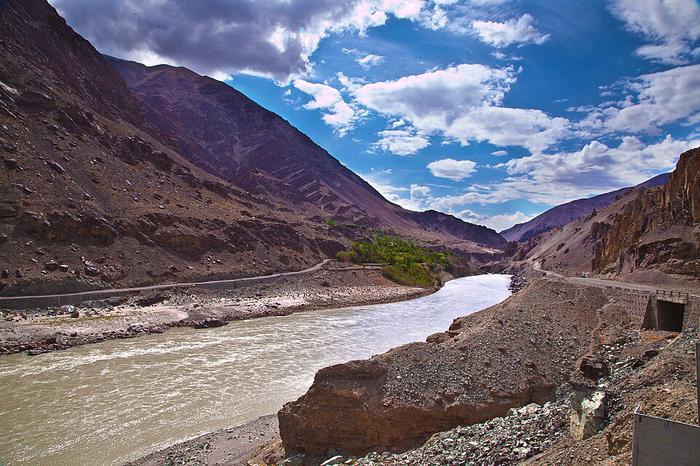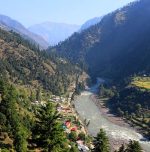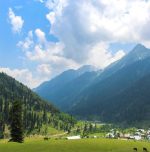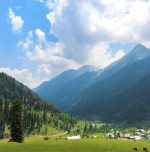India steps up control over western rivers amid IWT freeze

India is taking decisive steps to assert control over its western rivers, signalling a shift in its stance on the Indus Water Treaty (IWT).
The move follows rising tensions with Pakistan and a fresh push for national water security.
New Delhi has officially asked World Bank-appointed neutral expert Michel Lino to pause proceedings on the Kishanganga and Ratle hydropower disputes.
This request follows the Union Cabinet’s decision to hold the IWT in abeyance.
The Cabinet cited Pakistan’s continued support for cross-border terrorism as the key reason.
India urged the cancellation of the 2025 work programme. This included Pakistan’s response due in August and a joint meeting in November. However, Lino has sought Pakistan’s views, which oppose the pause.
Simultaneously, India has restarted key river management activities. These include flushing operations at the Baglihar and Salal projects on the Chenab.
These operations, last done in 2008 and 1987, respectively, were blocked by Pakistan through IWT mechanisms. Now, India plans monthly flushing to improve power generation and river health.
In addition, India is advancing a canal-diversion plan. This aims to redirect more Indus water into Indian states, reducing flow into Pakistan. The plan supports irrigation and power needs in Jammu & Kashmir and Punjab.
Meanwhile, work is speeding up on four major hydropower projects on the Chenab, Pakal Dul, Ratle, Kiru, and Kwar. Notably, Pakal Dul is the first storage-based project in the region and has strategic significance.
Officials estimate that these projects, once complete, will significantly boost hydropower capacity.
They are expected to bring investments of over ₹30,000 crore and create hundreds of jobs.
India’s move indicates a firmer stance on the treaty, aligning water management with national security.
While diplomatic channels remain open, the current actions reflect a broader strategic shift.
The government aims to maximise its rights under the IWT, especially after decades of stalled progress due to Pakistan’s objections.
As regional tensions persist, India’s river policy appears more focused, assertive, and aligned with national interests.
Image Credit: Narender9, CC BY-SA 4.0, via Wikimedia Commons
Image Reference:
https://commons.wikimedia.org/wiki/File:Indus_River_near_Leh,India.jpg









